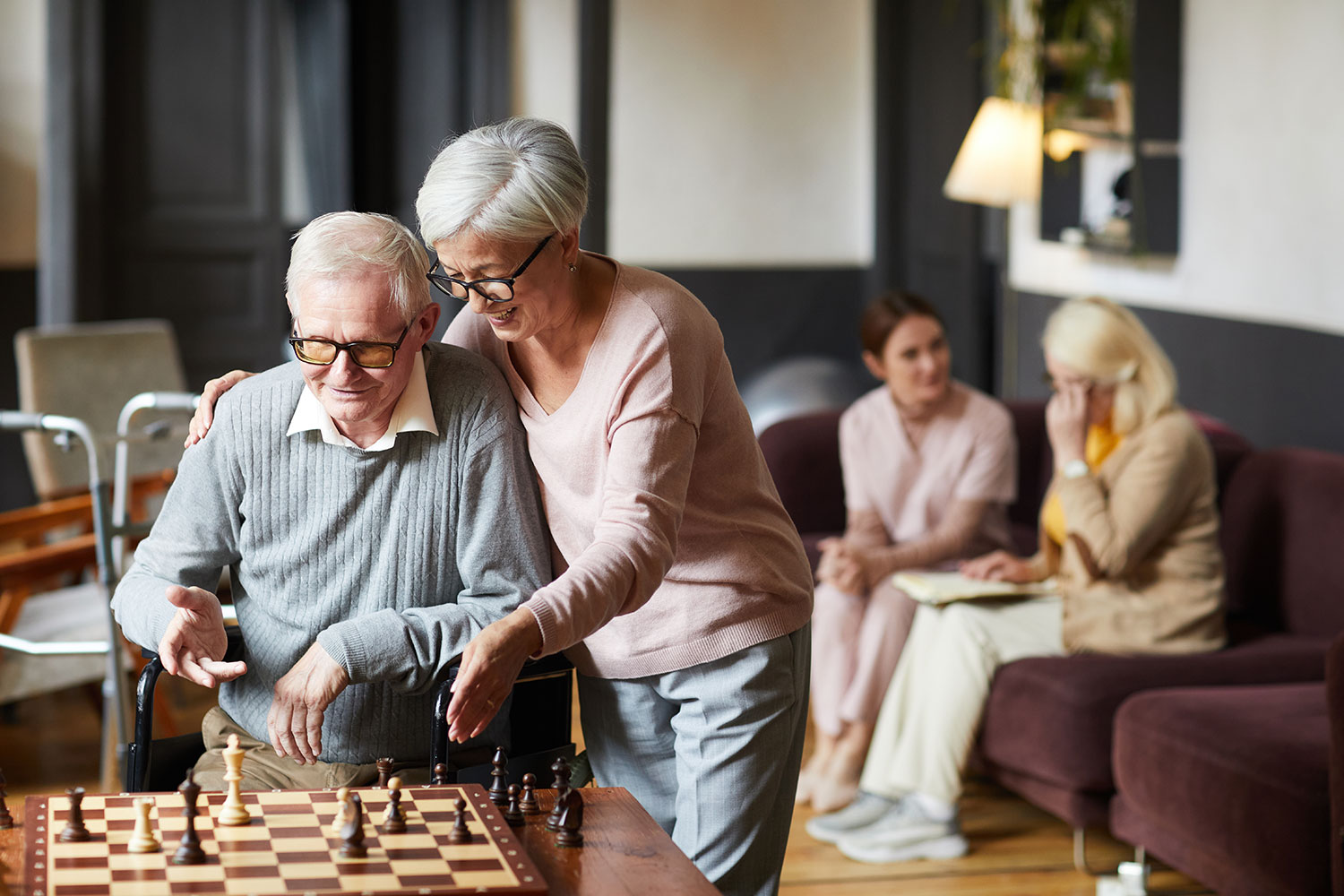The Importance of Familiar Routines for Seniors With Dementia
Serving as a caregiver for a loved one with Alzheimer’s or dementia can be an immense challenge, but a regular, structured routine can help make the days less overwhelming for the both of you.
Familiar routines are an important aspect of care for people with dementia, particularly in the early and middle stages of the disease. Not only do routines help reduce stress, they also help the individual maintain some sense of independence for as long as possible.
We’ll look at why routines are so vital, as well as tips for developing a stable routine for your loved one that helps make their days more manageable.
Why are routines helpful?
People with Alzheimer’s or dementia struggle with feelings of confusion and loss of control, and a regular daily routine helps alleviate this stress and anxiety through familiarity. They know what to expect and when, and there is much less mental demand on them to plan and execute tasks and activities. Not only does this reduce stress and cortisol levels, helping them feel more calm and comfortable, it also allows them to regain some feelings of control and independence.
Familiarity is comforting for humans of all ages and all cognitive levels — even our non-human companions appreciate a regular schedule. So routines are beneficial for caregivers too, relieving some of the burden of planning each day and ensuring that all of their loved ones’ needs have been met.
What to consider when making a routine
Before setting up a routine for your loved one, it’s important to take into account their preferences, current routines, and capabilities, as well as your own. You need a schedule that works well for both of you — otherwise, it may become a source of friction rather than support.
So you’ll need to consider:
Their likes and dislikes: Are they an early bird or a night owl? Do they like breakfast first thing in the morning or later in the day? What types of activities do they enjoy? Do they like the same activities every day or a rotation throughout the week?
What their days looked like before the disease: While dementia often results in personality changes, this can give you a baseline to start at.
The high and low points of their cognitive function: Are they more alert and aware in the morning? Is sundowning a concern?
How much time they need to complete certain tasks or activities: Do they eat slowly or quickly? Does it take a while to get them dressed and ready for the day?
Any medications they take: Does their routine need to be structured around specific medication doses? Do they tend to get sleepy after a certain medication?
Their activity level / mobility: How often are they up for taking walks or other physical activities? Will they need your assistance getting around?
Your own schedule: Can you align your schedule with theirs? Do you need outside resources to help manage their days?
By answering these questions, you can develop a routine that is comfortable for both of you and easier to stick to.
Tips for helping your loved one adapt to a routine
Your loved one may be resistant to the new routine at first, especially if their disease is more advanced, but with patience and effective communication, you can help them slowly adjust to a new normal. These tips can help make the transition easier on both of you.
- Don’t rush them if they are behind schedule, as this will create frustration and confusion. Remember that the routine is not set in stone and can be adapted as needed.
- Break down tasks into simple steps and take it one step at a time.
- Make sure they have ample time to rest when they need to.
- Ensure they drink water and eat regularly.
- Allow them to make choices when possible. Limiting it to just two or three options can help them with decision-making.
- Use clocks and calendars so they can associate different activities with different times or days.
- Include plenty of activities that bring them joy.
- If the routine isn’t working as planned, be adaptable. It may take a few tries to find something that works for everyone.
- If they have another caregiver or require a hospital stay, make sure they are aware of the routine as well.
Enlist outside help when needed
We can’t do it all, no matter how hard we try — and we shouldn’t have to. So if you’re struggling to balance care for your loved one with your own life, or you’re experiencing feelings of caregiver burnout, it may be time to seek outside help.
Right Hand Senior Care offers affordable, compassionate, and reliable care for seniors with Alzheimer’s and dementia, and we would love to be a part of your loved one’s care team. For more information on our services or to set up a care plan for your family member or loved one, contact us today.

We are Superheroes in Comfortable Clothes™
We take care of our clients, their families, our staff, and our league of franchise owners.

